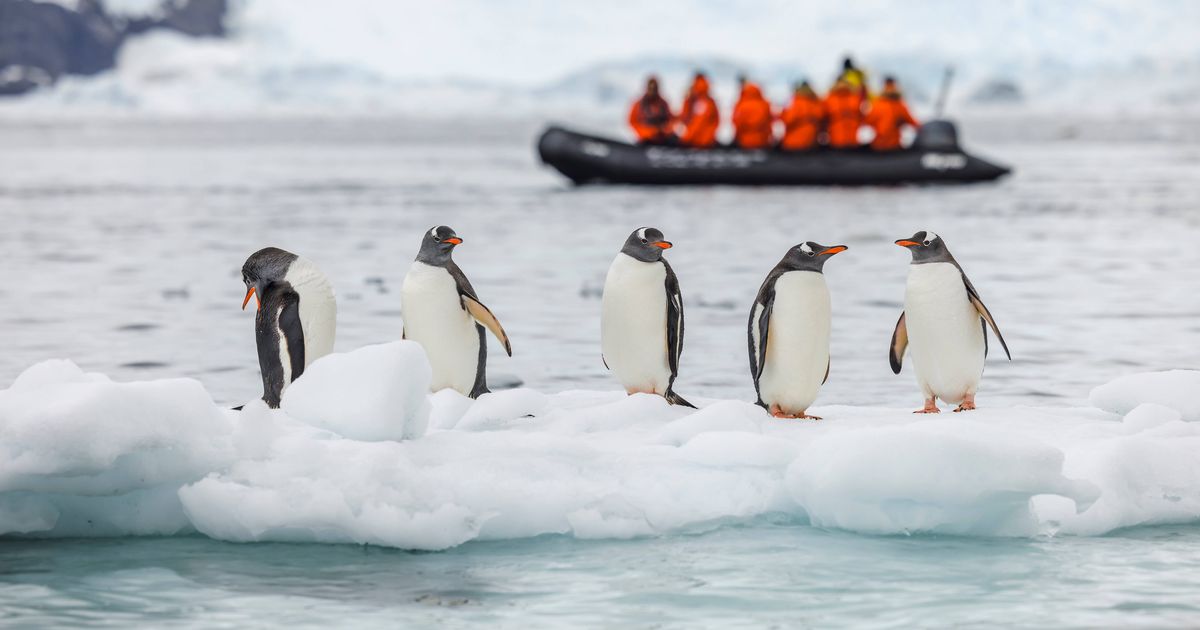A new study has found that many Brits have big gaps in their knowledge when it comes to animals – but how will you fare in this tricky quiz?
Take a stroll on the wild side with this challenging quiz – putting your knowledge of both exotic and familiar animals to the test.
If you know which creature can change colours based on its environment and the difference between a lemur and a llama, you’ll be the lion king. But don’t rest on your laurels, as the quiz is tougher than you might think.
It comes after research revealed that 42 per cent of Brits can’t distinguish a leopard from a cheetah. While 62 per cent are unsure about the difference between a crocodile and an alligator, and 42 per cent mistakenly believe penguins inhabit the Arctic – rather than Antarctica.
Only 37 per cent claimed they could confidently tell the difference between a donkey and a mule – and just 30 per cent could spot the difference between an alpaca and a llama.
Almost one in 10 (seven per cent) of adults incorrectly thought ostriches were capable of flight, whilst six per cent believed penguins could take to the skies. However, the research revealed that 82 per cent could correctly name a blue whale as the largest mammal.
Test your knowledge with this new quiz
Linda Edwards, chief executive of SPANA, the global working animal welfare charity which commissioned the research, said: “People everywhere are still learning about animals – yet working animals remain largely invisible.
“We want to change that by highlighting the hardships faced by horses, donkeys, camels, oxen and many more.”
Despite these significant knowledge gaps, 42 per cent rated their animal expertise at seven out of 10 or above – with television serving as the primary learning source for 51 per cent.
Brits felt the most common areas of concern facing working animals were long working hours (31 per cent), limited legislation to protect them (22 per cent), lack of access to veterinary care (18 per cent),
Meanwhile, 11 per cent highlighted the impact of the ongoing climate crisis as a big area of concern for working animals.
Linda Edwards from SPANA added: “The British public are right to be concerned about working animals, whose welfare is often overlooked.
“They are at the frontline of the climate crisis, facing extreme weather that threatens their habitat and lives – and when they suffer, so do the millions of people worldwide who rely on them for farming, transport and daily survival.
“We are committed to improving the lives of working animals by ensuring they have veterinary care, offering training and support to their owners and educating children about animal welfare.”
By staronline@reachplc.com (Charlie Biggs-Thomas)
Source link




Leave a Reply